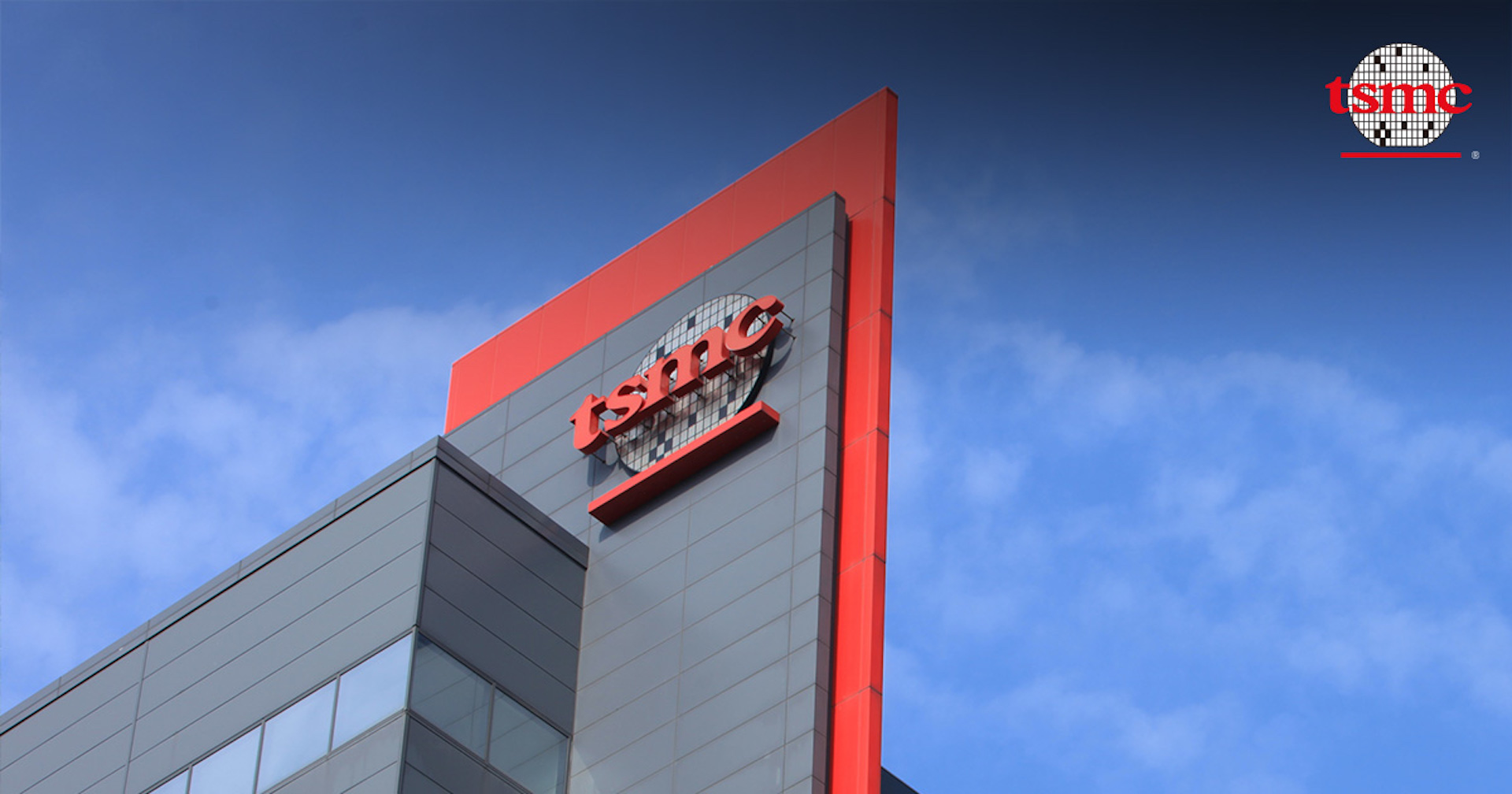Despite Taiwan’s semiconductor advancements, politics looms over trade
Taiwan’s chipmaking giants, TSMC and MediaTek, are expanding fast. But a tense geopolitical climate threatens to dethrone their reign over the global semiconductor industry.

At the State of the Union address last night, U.S. President Biden touted Intel’s $20 billion plan to build semiconductors in Ohio. Meanwhile, Taiwan’s two largest chipmakers, TSMC and MediaTek, are making moves of their own.
- TSMC has committed $100 billion over the next three years to boost production of its cutting-edge silicon wafers. In January, it announced plans to spend $44 billion this year to alleviate the global chip shortage. The chipmaker is also looking to hire 8,000 engineers by 2022.
- In October, TSMC announced a chip plant in Japan, and another in Phoenix, Arizona, where the Taiwanese chipmaker hopes to make the highly sought-after 5-nanometer chips in 2024. It will produce 20,000 wafers each month.
China news, weekly.
Sign up for The China Project’s weekly newsletter, our free roundup of the most important China stories.
The context: The global chip shortage presents a paradox. The promise of market-based globalization and free trade to neutralize national politics has not applied to chips. Quite the opposite in fact: Even as TSMC, Mediatek, and Intel ramp up production to meet demand, the latest U.S. sanctions have forced them to manufacture a shortage against Russia.
- MediaTek, another Taiwanese chipmaker and the world’s top mobile chip developer by shipments, is looking to hire 2,000 employees, roughly a 10% increase of its workforce.
- MediaTek is releasing a new chip lineup known as Dimensity 8100 and Dimensity 8000. These microchips are expected to be used in smartphones such as OPPO’s K10 series and will upgrade connectivity performance, game display resolution, and multimedia features.
- MediaTek’s Dimensity provides chips for smartphones all over the world. Recent reports suggest that Dimensity beat out Qualcomm in 2021 for the largest market share of Android phone chips in the U.S.
Key question: MediaTek’s new line of microchips and TSMC’s expansion plans epitomize Taiwan’s continuing reign atop the global semiconductor industry. But the geopolitical ramifications of war and sanctions have strained the long-held view that a single producer — from a small island no less — could be a critical technology hub for the rest of the world. How long will key players, such as the U.S. and China, allow their markets to rely on Taiwan?






